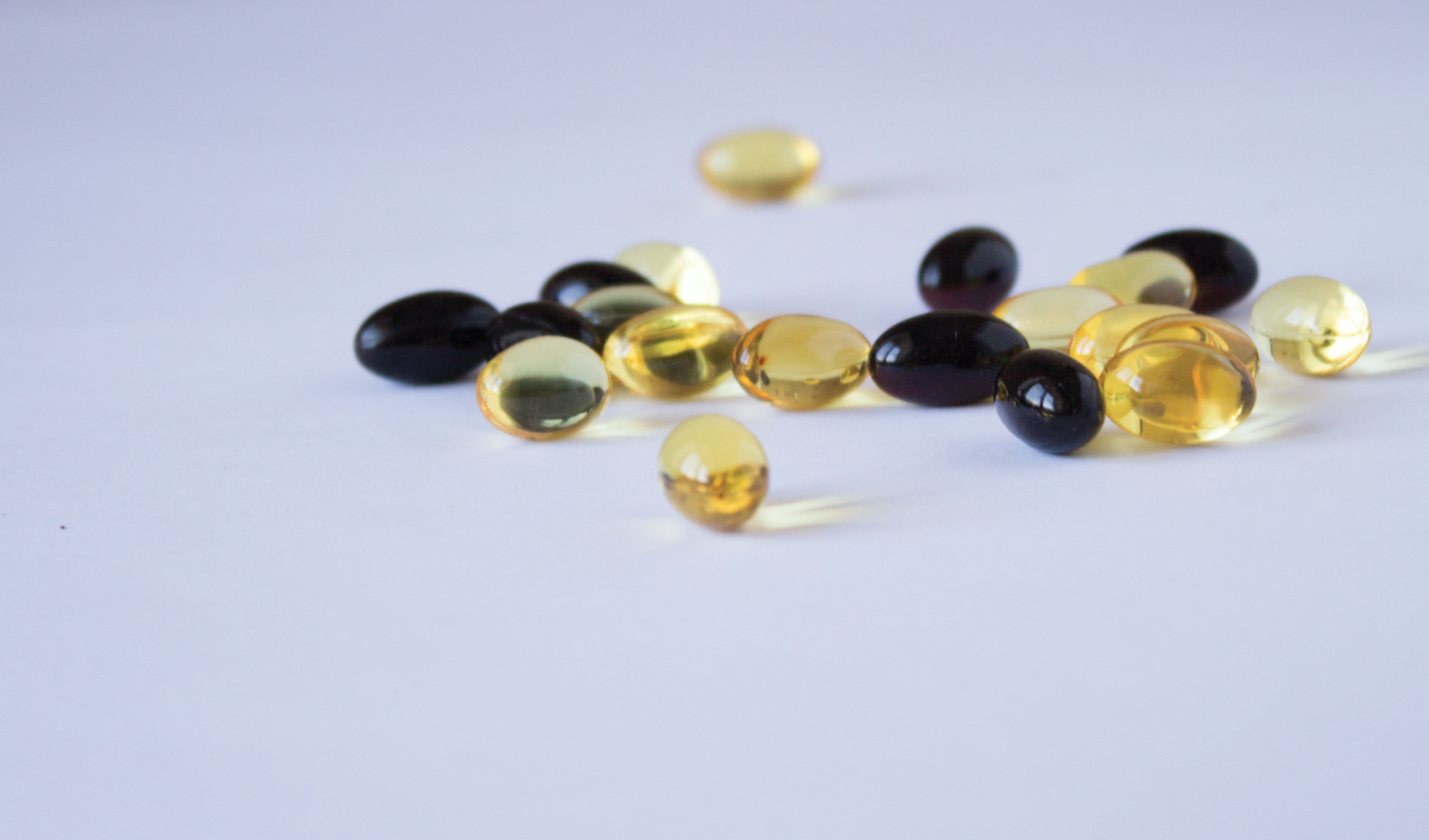“There are over 600 carotenoids, and astaxanthin is one of them. It’s probably one of the most powerful ones,” says Eric Berg, DC, inWhat is Astaxanthin, Its Sources & Benefits (2).
One reason: “Astaxanthin is considered as the most powerful antioxidant because it integrates into every living cell’s membrane and provides a pivotal antioxidant defense against lipid peroxidation, and is therefore crucial for the cell’s integrity and functionality,” according to the experts at NextFerm, which offers Astaferm naturally fermented astaxanthin (3).
It’s no surprise that astaxanthin is called the “King of Carotenoids.” Rachael Link, RD, in “Astaxanthin Benefits Better than Vitamin C?” points to research showing that its ability to fight free radicals is 6,000 times higher than vitamin C. And, Link adds, “in the body, its antioxidant properties are believed to help protect against certain types of chronic disease, reverse skin aging and alleviate inflammation.”
Research supports the benefits. BGG World and its subsidiary Algae Health Sciencesrecently announcedthe publication of a list of 1,200 studies showing health benefits for astaxanthin, highlighting 10 clinically validated health benefits, along with emerging health benefits. The list includes:
- 136 human clinical trials showing astaxanthin’s efficacy for (minimum of five human clinicals on each of these 10 areas):
- eye & brain health
- skin health & “beauty from within”
- joint and tendon health
- applications for athletes
- endurance & energy
- immune system modulation
- cardiovascular health
- reproductive & hormonal health
- antioxidant protection
- anti-aging
- Approximately 300 studies in emerging areas including:
- liver & kidney health
- glucose management
- respiratory health
- gastrointestinal health
Nutri-Beauty. A double-blind placebo controlledstudy showed significant improvements in skin wrinkles, size of age spots, skin elasticity, and skin texture after the implementation of astaxanthin supplements. Several studies suggested that the combined incorporation of astaxanthin with other compounds, such as collagen, may show positive results for skin aging (1).
Active Nutrition:In a randomized, double-blind, placebo-controlled crossover study, researchers measured recovery from exercise in healthy volunteers taking 5mg per day of astaxanthin. Both the placebo and astaxanthin groups did progressively greater loads in a stepwise exercise. In the group taking astaxanthin, metabolism during exercise became more efficient, respiratory-circulatory ability improved, and anti-fatigue and antioxidant profiles were augmented. Researchers concluded that recovery ability from exercise stress may be improved by taking astaxanthin(4).For more active nutrition science, check out 12 Ways Astaxanthin Can Help Athletes and Active People: The Athlete’s Dozenon www.WholeFoodsMagazine.com.
Healthy Aging. Dr. Bruce Ames, Professor Emeritus of Biochemistry and Molecular Biology, University of California, Berkeley, counts astaxanthin as a key longevity nutrient (5). “A comprehensive review of astaxanthin action concluded that it has potential health-promoting effects in the prevention and treatment of numerous diseases related to aging. A recent review of the literature, including 3 positive Japanese RCTs, concludes that astaxanthin reduces cognitive and memory dysfunction with age. A review of astaxanthin studies in humans (10 trials) and animals (12 studies) with an emphasis on cardiovascular health and disease, concluded that astaxanthin reduced thrombosis; myocardial infarct size; oxidative damage to DNA, protein, and lipids; and blood pressure.”
Immune Health.In hiscomprehensive research roundupon longevity nutrients, Dr. Ames adds that astaxanthin has been shown to significantly decrease inflammation and DNA oxidation and enhance the immune response in humans.
Gut Health: In a pre-clinical study, AstaReal Astaxanthin increased Akkermansia in intestinal flora nearly 12 times compared to control after four weeks, suggesting that this branded ingredient can help modulate intestinal flora to promote gut health.
Getting the benefits
Regarding dosage, recommendations vary. “While research notes 3.6 mg per day has shown promising health aspects, a range between 2 to 12 mg per day is usually recommended,” says Dawn Blatner RDN, author ofThe Flexitarian Diet(6). “People are only eating an average of 11 mg of astaxanthin per year, and for some of astaxanthin’s benefits, you need that amount per day. Although a food-first approach is the best, there are some nutrients that need to be supplemented to get full benefits and astaxanthin is one of those.”WF
References
- Astaxanthin: A review of the literature. Natural Medicine Journal. (2012) https://www.naturalmedicinejournal.com/journal/astaxanthin-review-literature
- Davinelli, S., Nielsen, M. E., & Scapagnini, G. (2018, April 22). Astaxanthin in skin health, repair, and disease: A comprehensive review. MDPI. https://www.mdpi.com/2072-6643/10/4/522
- Astaxanthin: The beauty insider's secret for young-looking skin. Get The Gloss. (2017) https://www.getthegloss.com/article/astaxanthin-the-skin-saving-antioxidant-you-ve-never-heard-of
- Astaxanthin for skin: Top 5 skin benefits & how to use. Root Science. (2021, September 15). https://www.shoprootscience.com/blog/astaxanthin-for-skin









